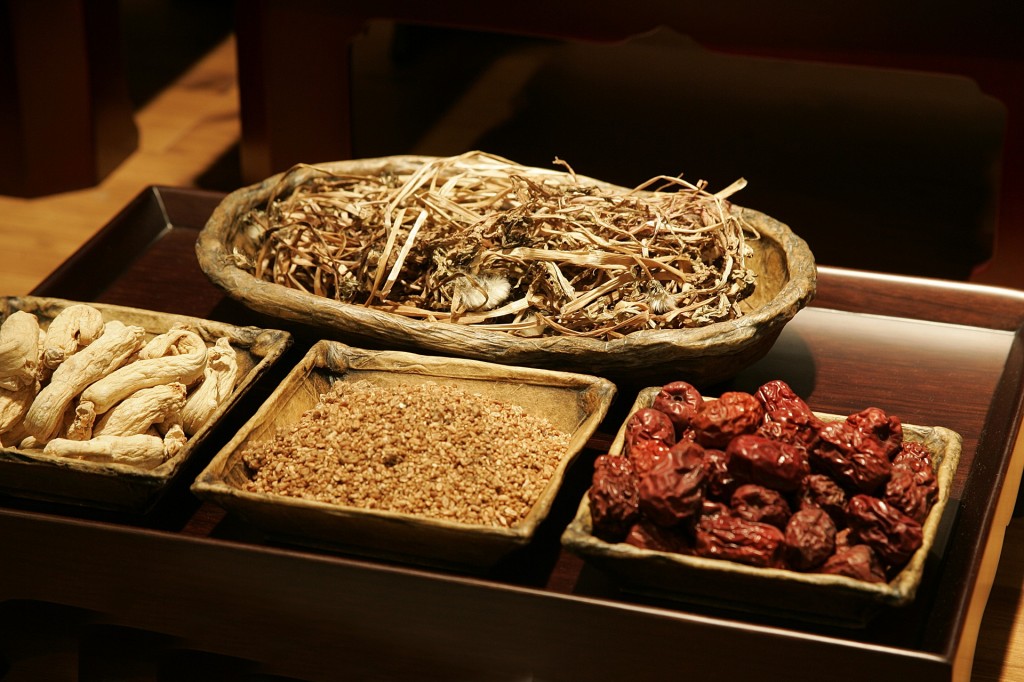Traditional natural dietary supplements continue to attract attention
Chinese consumers prefer natural dietary supplements, and they tend to trust traditional Chinese medicines. Consumers over 60 age are a group which represents a significant and an ideal target for manufacturers, but unfortunately, this group is hard to target with e-marketing promotion tools as they remain very traditional and reluctant to lifestyle changes.
They appreciate the Chinese traditional medicine, conveying images of ancestral health, magic, esoterism and so on … Old Chinese are very superstitious. Brand communication for dietary supplements should ride this big wave and promote the products as being healthy and spiritual. Many Chinese people buy products because their friends or opinion leaders recommend the product. The purchase of vitamins and food supplements is often the consequence of a recommendation made by friends or family members in China.
Consumers aged under 40 represent 62% of total buyers of food supplements. Indeed this age group is relatively young and ready to accept new concepts. They often buy food supplements for themselves as well as their parents, grandparents, and children as gifts. Dietary supplements are expensive and often associated with luxury products despite their lack of glamorous. In terms of marketing one should keep in mind the emerging concept of “healthy gift”. This is both a threat and an opportunity. Threat as dietary supplements pharmaceutical products face competition from so-called “traditional natural medicine.” Opportunity because China’s population is more and more aware than the western population of the link between diet and health.
A growing taste for imported food supplements
Chinese have a growing taste for imported food supplements. Food supplements companies should target the Chinese capitalizing on concern over food security as the Chinese middle-class consumers increasingly conscious about health issues rush to food supplements. The additional cost that Chinese consumers are willing to concede to their health – and the population of China is huge – is a synonymous potential windfall for major producers and retailers of a dietary supplement in the United States and Europe. This year, the market for vitamin and dietary supplements in China is expected to reach CNY 149 billion (US$22.3 billion). According to JD.com, the sale of vitamin and dietary supplements has been multiplied by 5 since the beginning of the Covid-19 pandemic.
The increasing solvent demand awareness regarding health issues, the worsening health problems due to environmental destruction, and the aging population are the three main reasons that explain such a trend.
The majority of all these supplements came from the United States. Among major American brands in China, there are Amway, NBTY based in New York, and Pennsylvania-based GNC. Despite significant barriers to market access and the difficulty in order to obtain compliance with SFDA, the percentage of the annual growth rate of the healthcare products market in China will attract a growing number of other international manufacturers.
The children and women segment of the market
Although sales of vitamins and other health products for adults are booming in China, it is especially true when it comes to the segment of food supplements for children. In recent years, Chinese parents were willing to spend relatively large amounts of money on the health of their children in relation to the family income. This is a result of several food and beverage scandals in China.
Chinese women also consume a lot of beauty supplements and/or diet (jojoba, aloe vera, or citrus pills …). Women represent 49% of the total urban population. This population of urban women spends 46 billion RMB for purchases of nutritional and beauty supplements. That’s why many brands focus their attention on this consumer group.
Source: https://www.marketingtochina.com/the-dietary-supplements-market-in-china/


